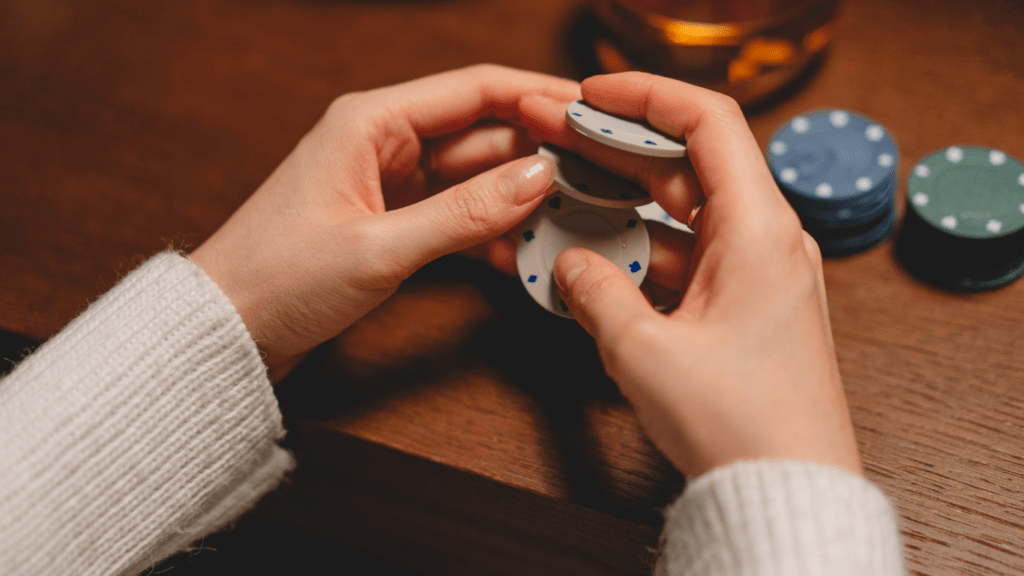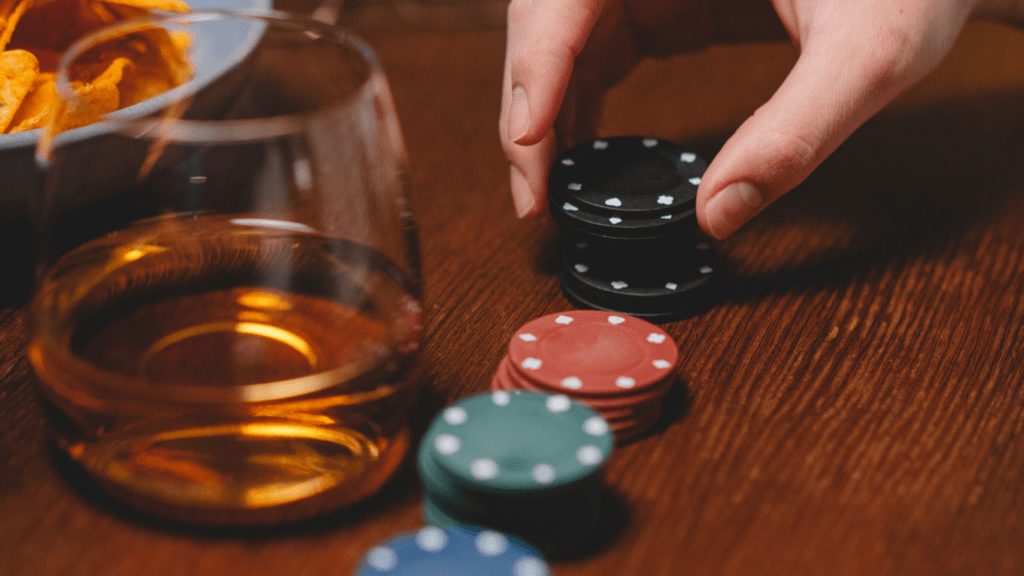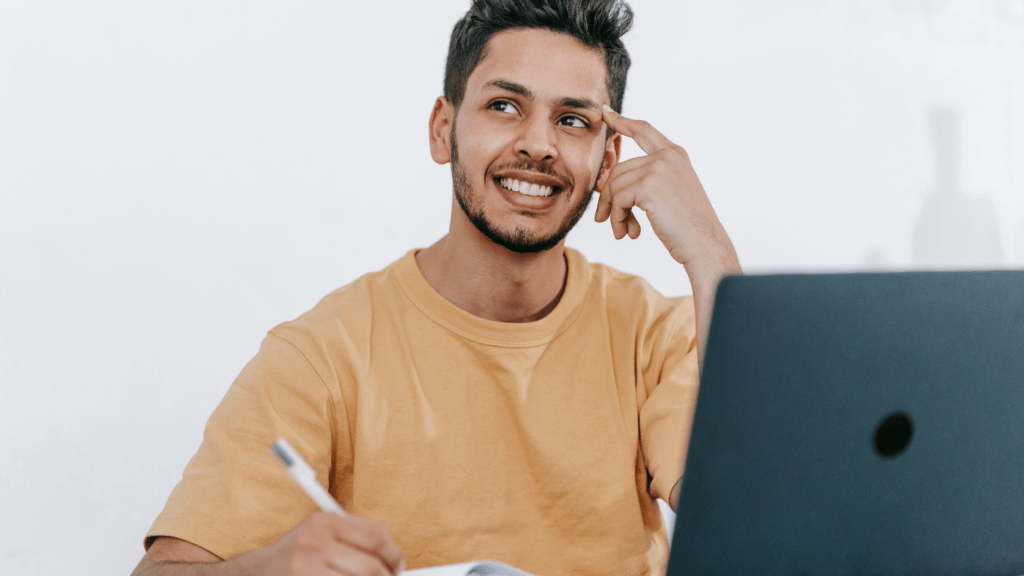Have you ever noticed how some people seem to believe they have a special knack for winning in gambling? It’s a common phenomenon where individuals tend to overestimate their luck when it comes to games of chance. As I delved into the psychology behind this intriguing behavior, I uncovered fascinating insights that shed light on why this tendency persists.
In the world of gambling, the allure of a big win can cloud judgment and lead to inflated perceptions of personal luck. Through my research and analysis, I’ve discovered the cognitive biases and emotional factors that contribute to this overestimation of luck among gamblers. Understanding these underlying reasons can provide valuable perspectives on how we perceive and engage with risk in the realm of gambling.
The Psychology of Luck Belief
Understanding the psychology behind why people tend to overestimate their luck in gambling is essential in unraveling this intriguing phenomenon. Our perception of luck is intricately linked to cognitive biases and emotional responses that shape how we view our chances of winning in games of chance.
One common cognitive bias that influences luck belief is the availability heuristic. This mental shortcut leads individuals to overestimate the likelihood of events based on how easily they can recall similar instances. For example, recalling a single instance of a big win at a casino can lead someone to believe that such victories are more common than they actually are.
Moreover, the concept of near-misses plays a significant role in reinforcing luck beliefs in gambling. Experiencing a near-miss, where the outcome is almost successful but falls just short, triggers the brain’s reward system, creating a sense of almost winning. This near-win activates feelings of excitement and hope, further fueling the perception of being “lucky” in subsequent attempts.
Emotions also heavily influence luck perception in gambling. The thrill of anticipation, the rush of adrenaline, and the highs of winning all contribute to an emotional rollercoaster that distorts rational judgment. This emotional state can lead individuals to attribute their successes to personal luck rather than odds and probability, perpetuating the cycle of overestimating their luck in gambling.
By delving into the intricate workings of cognitive biases, near-miss experiences, and emotional responses, we can gain valuable insights into why people often inflate their perceptions of luck in gambling. Understanding these psychological underpinnings is crucial in navigating the complexities of risk assessment and decision-making in the realm of gambling.
Cognitive Biases in Gambling
- Cognitive Bias in Luck Perception: Cognitive biases, such as the gambler’s fallacy and confirmation bias, distort how individuals assess their odds and luck in gambling.
-
Overestimation of Luck: These biases lead people to overestimate their chances of winning, reinforcing risky behaviors based on flawed beliefs about patterns and outcomes.
Illusion of Control
Individuals often fall prey to the illusion of control, believing they have more influence over outcomes than they actually do. This bias manifests in gamblers who think their actions or behaviors can affect the result of a gamble, even when the outcome is purely random. The illusion of control can lead people to overlook the role of chance and attribute successes to their skills or choices, reinforcing a sense of personal luck.
Availability Heuristic
The availability heuristic is another cognitive bias that impacts how individuals assess their luck in gambling. This bias occurs when people overestimate the likelihood of events based on how easily similar instances come to mind. In gambling, memorable wins or near-misses can disproportionately influence gamblers’ perceptions of their odds of winning. The brain’s tendency to recall vivid or recent events can skew one’s judgment, leading to an exaggerated belief in personal luck based on selective and accessible information.
Influence of Near Misses
Near-misses in gambling trigger a psychological response that makes individuals overestimate their luck. The brain reacts to almost winning by activating the reward system, leading to a heightened sense of being close to success.
This emotional response distorts rational thinking, fueling a belief in personal luck and creating an illusion of control. As a result, near-misses reinforce risky gambling behaviors by making players feel they can influence the outcome, even though the odds remain unchanged.
Social Comparison in Gambling
In gambling, social comparison plays a key role in shaping how individuals perceive their own luck. People often compare their wins or losses to others, influencing their belief in personal luck, even though the odds remain the same.
Witnessing someone else’s success can create a false sense of increased luck. This behavior is deeply rooted in gambling culture and significantly impacts how players interpret their own outcomes.



 Elizabeth Garber
Poker Strategy Specialist & Game Theory Analyst
Elizabeth Garber is a respected authority in poker strategies and game theory, with a career built on competitive play and a deep knowledge of the game’s psychology. Elizabeth’s expertise lies in advanced concepts like bluffing dynamics, risk management, and understanding opponents’ behavioral patterns. She brings a wealth of experience from her years at the poker table, translating complex strategies into actionable advice for Pro Gamble Genius readers. Elizabeth’s articles delve into the finer details of poker, offering readers insights into high-level play while also providing strategies for beginners. Her guidance is invaluable for players looking to refine their game, whether they aim to dominate in high-stakes environments or simply enjoy friendly competitions. Through her work, Elizabeth is committed to helping readers develop not only skill but also a mindset geared towards success and longevity in the game.
Elizabeth Garber
Poker Strategy Specialist & Game Theory Analyst
Elizabeth Garber is a respected authority in poker strategies and game theory, with a career built on competitive play and a deep knowledge of the game’s psychology. Elizabeth’s expertise lies in advanced concepts like bluffing dynamics, risk management, and understanding opponents’ behavioral patterns. She brings a wealth of experience from her years at the poker table, translating complex strategies into actionable advice for Pro Gamble Genius readers. Elizabeth’s articles delve into the finer details of poker, offering readers insights into high-level play while also providing strategies for beginners. Her guidance is invaluable for players looking to refine their game, whether they aim to dominate in high-stakes environments or simply enjoy friendly competitions. Through her work, Elizabeth is committed to helping readers develop not only skill but also a mindset geared towards success and longevity in the game.
